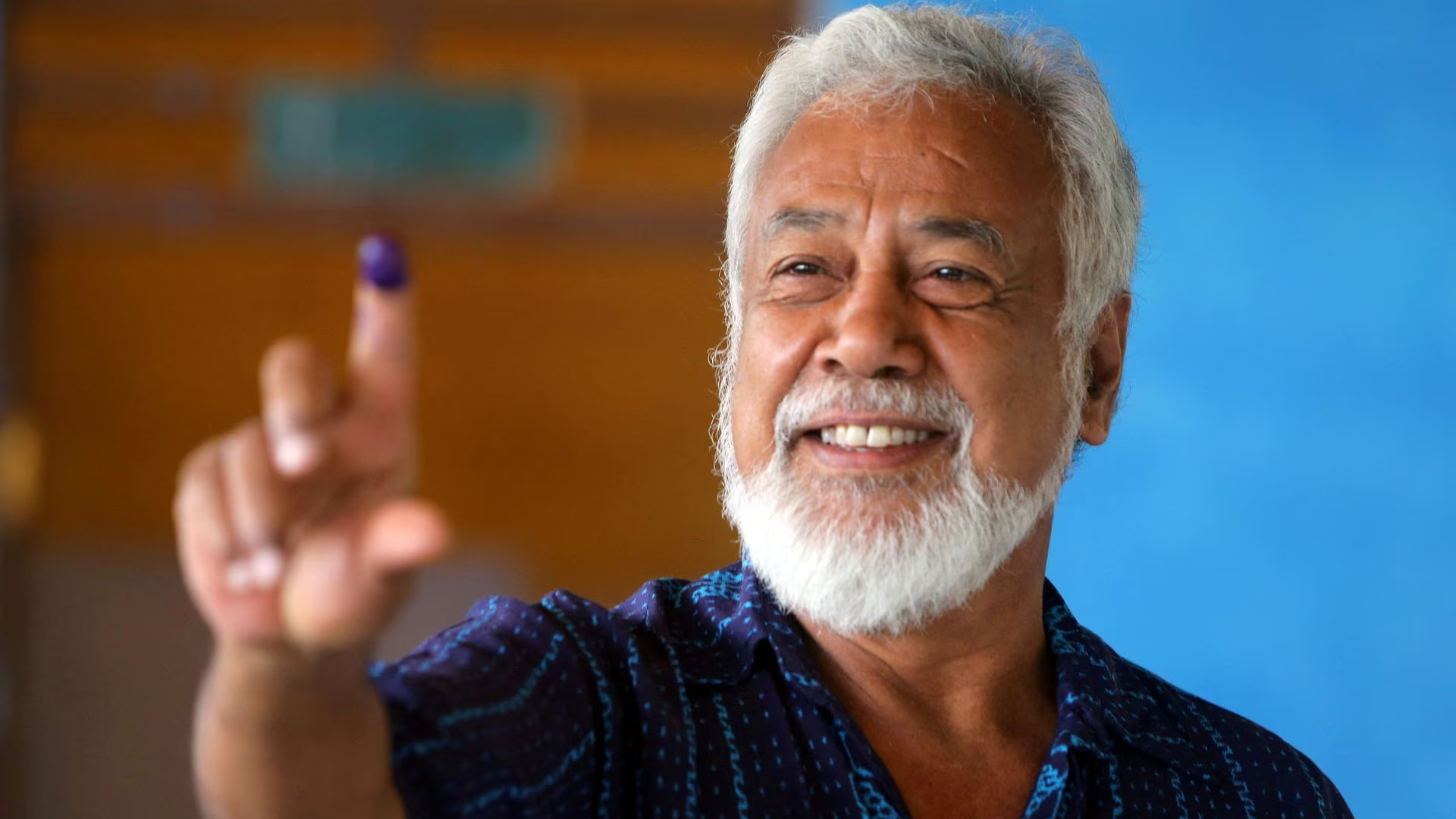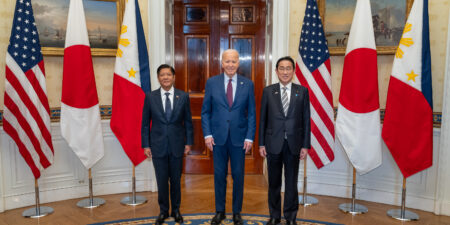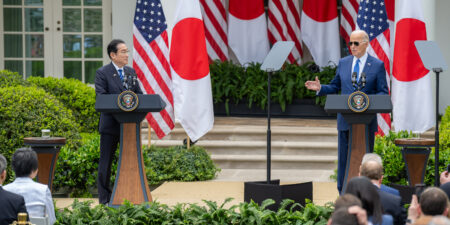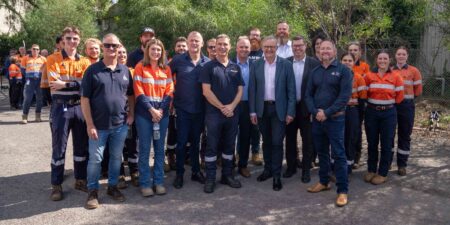
Timor-Leste Opposition’s Election Win Heralds Political Stability

Insights & News


Philippines Bolsters Ties With United States and Japan in Minilateral Summits
The BGA Philippines Team, led by Managing Director Victor Andres Manhit, wrote an update on …

Japan-US Alliance Upgrade Presents New Opportunities for Businesses
The BGA Japan Team, led by Managing Director Kiyoaki Aburaki, wrote an update on Japanese …

Albanese ‘Future Made in Australia’ Policy Targets Energy and Manufacturing Investment
The BGA Australia Team, led by Managing Director Michael “Mick” McNeill, wrote an update on …
At BowerGroupAsia, we are committed to
delivering result-oriented solutions for our clients
We have proven track record of helping the world’s top companies seize opportunities and manage challenges across the dynamic Indo-Pacific region.




















